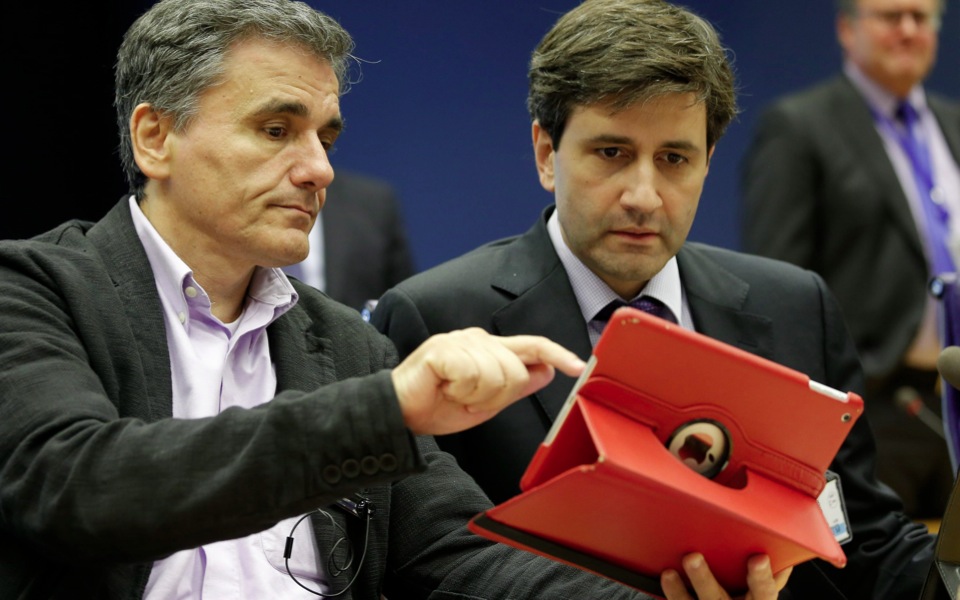Athens was expecting the German block to the tranche

The Greek government knew very well for a number of days prior to Thursday’s Eurogroup that the last bailout installment might not be approved for disbursement at the meeting, as proved to be the case, having heard the negative noises from the creditors and eurozone capitals regarding the way the decisions were made about the island value-added tax discount.
After announcing the extension of the 30 percent VAT discount for the islands of Lesvos, Chios, Samos, Kos and Leros on June 29, Prime Minister Alexis Tsipras said that the decision was made “with the understanding of [European Commission President] Jean-Claude Juncker, who has absolute knowledge of conditions on these five islands.”
Still, after three bailout programs, it is well known that the Commission is just one of the institutions involved in the process and definitely does not have the final say on Greece.
Officials from the other institutions (the European Central Bank, the European Stability Mechanism and the International Monetary Fund) quickly made their displeasure known after the measure was announced, as they had not been aware of it and had not issued their approval, even though the fiscal cost is not very big.
As the announcement was made by none other than the Greek prime minister, the creditors opted to avoid raising a major issue just before Greece’s exit from the program; instead Berlin asked Athens to cover the 28-million-euro loss up until the end of the year through other means. This is why Finance Minister Euclid Tsakalotos went to Brussels fully prepared, with the 28 million euros in cuts to defense spending written on a document.
Tsipras’s announcement did not go down well among German parliamentarians, with Frank Schaeffler, a Liberal deputy, asking for an emergency meeting of the Bundestag’s financial affairs committee and saying that German Finance Minister Olaf Scholz cannot just give his consent to the suspension of the VAT rate increase on the five islands. Therefore the disbursement has now been frozen until the issue is debated in the German Parliament.





